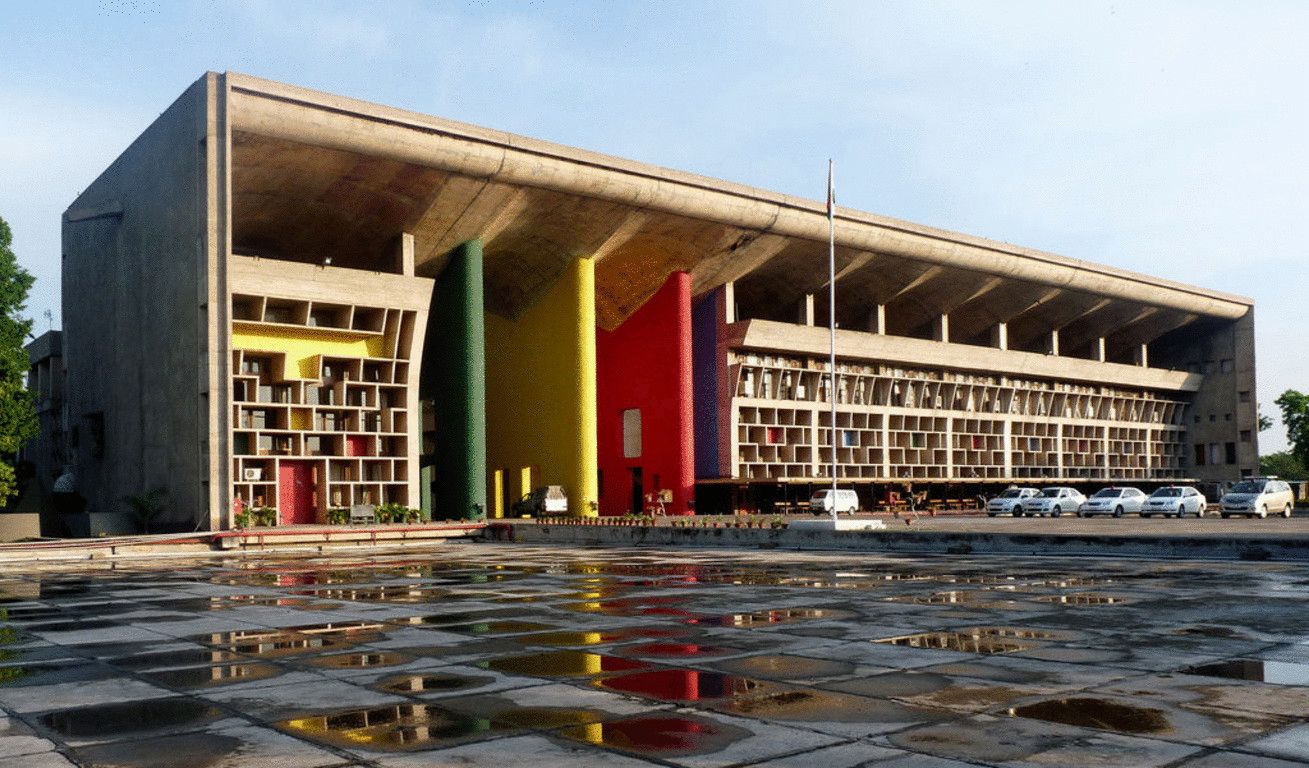Punjab & Haryana HC: ITC Golf Resort Not Allowed to Sell or Lease Cottages, Restriction on Alienation Upheld

Case Name: Landbase India Limited v. State of Haryana & Ors.
Date of Judgment: January 10, 2020
Citation: CWP No. 26147 of 2015
Bench: Hon’ble Mrs. Justice Daya Chaudhary and Hon’ble Mr. Justice Sudhir Mittal
Held: The High Court dismissed the writ petition challenging conditions imposed by the Department of Town and Country Planning (DTCP), Haryana, restraining the petitioner company from selling or leasing the four-bedroom golf huts and cottages constructed at ITC’s Classic Golf Resort. It held that such restrictions were within the scope of the Punjab Scheduled Roads and Controlled Areas (Restriction of Unregulated Development) Act, 1963, and the Haryana Development and Regulation of Urban Areas Act, 1975. The Court observed that the petitioner had accepted the conditions while obtaining Change of Land Use (CLU) permission and zoning plan approval, and was therefore estopped from challenging them later. The restriction was not arbitrary but consistent with statutory provisions, since permitting alienation would amount to carving out a residential colony, which required separate licensing under the 1975 Act.
Summary: The petitioner, Landbase India Ltd., owning over 277 acres in Gurgaon, had developed the Classic Golf Resort and ITC Grand Bharat hotel after obtaining CLU permission in 1996. While granting permission for golf huts and cottages, the DTCP imposed a condition prohibiting their sale or lease. The petitioner challenged this restriction, arguing that it violated property rights, was not part of the original CLU or zoning plan, and had no nexus with the object of the 1963 Act. They contended that the restriction was arbitrary, imposed 16 years after the CLU, and deprived them of constitutional rights over their property. The State defended the restriction, pointing out that the petitioner had accepted the terms in the CLU agreement and undertook not to use the land for purposes other than those permitted. Allowing sale or lease would amount to creating a residential colony, requiring licensing under the 1975 Act. The Court found merit in the State’s arguments, noting that Rule 26-D of the 1965 Rules empowered the DTCP to impose such conditions, and the petitioner was bound by its undertakings. Reliance on judgments cited by the petitioner was held to be misplaced, while the State’s reliance on precedents such as Trishul Industries v. State of Haryana was accepted.
Decision: The Court dismissed the writ petition and upheld the restriction, holding that the petitioner could not sell or lease the golf huts or cottages and must comply with the statutory conditions attached to the CLU permission.